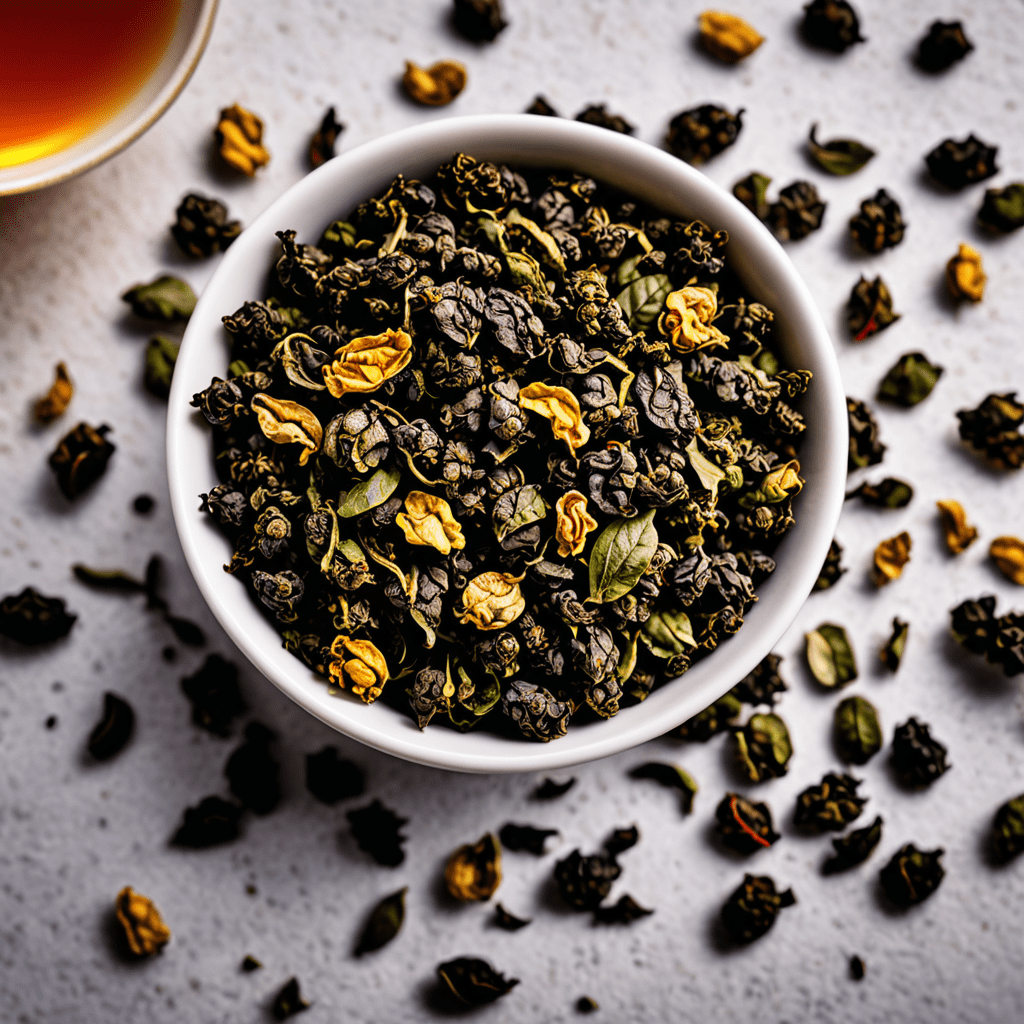Assam Tea: The Cultural Significance in Every Cup
The Historic Roots of Assam Tea
Assam tea, renowned for its robust, malty flavor, traces its origins back to the lush, subtropical valleys of Assam, a region in northeastern India. The discovery of this indigenous tea plant, Camellia sinensis assamica, marked a turning point in the history of tea production and its cultural significance worldwide.
Assam's Unique Tea-Growing Region
Assam's distinct tea-growing region, characterized by alluvial soil, abundant rainfall, and favorable climatic conditions, provides an ideal environment for the cultivation of high-quality tea. The Brahmaputra River, a lifeline for the region, provides fertile floodplains where tea bushes thrive, absorbing nutrients and developing their characteristic bold flavor profile.
The Distinct Character of Assam Tea
Assam tea is celebrated for its unique characteristics, setting it apart from other varieties. Its strong, full-bodied flavor, with notes of malt and wood, is a result of the high polyphenol content present in the leaves. The tea's rich, reddish-brown hue and long, twisted leaves are also distinctive features. These attributes have made Assam tea a favorite among black tea enthusiasts globally.
Tea as a Symbol of Hospitality and Bonding
In Indian culture, offering tea to guests is a gesture of warmth, hospitality, and respect. Tea is a beverage that brings people together, fostering meaningful connections and conversations. The shared experience of sipping tea creates a sense of conviviality and promotes a welcoming atmosphere.
Assam Tea in Modern Indian Society
Assam tea continues to hold a significant place in modern Indian society. It remains a beverage of choice for daily consumption, both within homes and at tea stalls and cafes throughout the country. Assam tea is also a popular ingredient in various tea-based beverages, contributing to India's vibrant tea culture.
The Economic Significance of Assam Tea
Assam tea is not only a cultural icon but also a major contributor to the Indian economy. The tea industry in Assam provides employment to millions of people, including plantation workers, tea garden managers, and those involved in processing, packaging, and distribution. Assam tea exports also generate significant revenue for the country.
Preserving the Heritage of Assam Tea
Recognizing the cultural and economic importance of Assam tea, there are ongoing efforts to preserve its heritage. The government and various organizations work to protect the tea-growing regions, promote sustainable farming practices, and safeguard the traditional knowledge associated with tea production. By valuing its unique qualities and cultural significance, Assam tea can continue to be enjoyed and celebrated for generations to come.
Assam Tea: A Cultural Legacy for Future Generations
Assam tea stands as a testament to the rich cultural heritage of India. Its distinct flavor, historical significance, and social importance have made it an integral part of the nation's identity. Preserving and celebrating Assam tea ensures that this cultural legacy will continue to be passed down to future generations, symbolizing the resilience, diversity, and warmth of Indian culture.
FAQ
What makes Assam tea unique?
Assam tea is known for its strong, full-bodied flavor, reddish-brown hue, and long, twisted leaves. It contains high levels of polyphenols, contributing to its distinct characteristics.
How is Assam tea typically consumed?
Assam tea is commonly consumed as a hot beverage, with or without milk and sugar. It is also used as a base for various tea-based drinks, such as masala chai.
What is the cultural significance of offering tea in India?
Offering tea to guests is considered a gesture of hospitality, respect, and warmth in Indian culture. It fosters connections, promotes conversation, and creates a welcoming atmosphere.
How does Assam tea contribute to the Indian economy?
The tea industry in Assam provides employment to millions of people and generates significant revenue through exports. It is a major economic driver for the region and contributes to India's overall economic growth.
What efforts are being made to preserve the heritage of Assam tea?
Government and organizations are implementing measures to protect tea-growing regions, promote sustainable farming practices, and safeguard traditional knowledge associated with tea production. This ensures the preservation of Assam tea's unique qualities and cultural significance.



